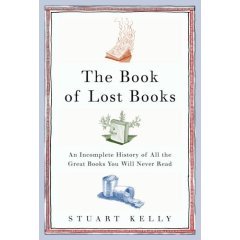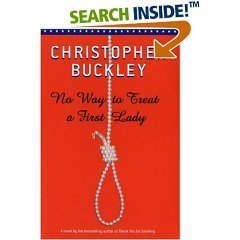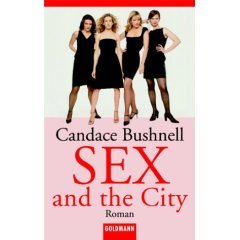
Unlike the last book I found while browsing at Memorial, Lee Server's new biography of Ava Gardner was not at all difficult to get through, in spite of its 500 pages of text. Ava Gardner: "Love Is Nothing" moves along swiftly and with as much spirit and vest as its subject. Today, Gardner isn't as well known an actress as her contemporaries Grace Kelly and Katharine Hepburn, but at the height of her career (late 1940s-50s), Gardner was the femme fatale of Hollywood. Her private life often topped her on-screen persona: much of her notoriety came from her affair with the then-married Frank Sinatra, but previous marriages to Mickey Rooney and Artie Shaw had already set the pattern for Gardner's heady and reckless love life.
Server has a lot to work with, detailing Gardner's rise from the North Carolina backwoods to through her rise to stardom and her slow decline as she became disillusioned following failed movies and love affairs. A combination of mistreatment by her studio (MGM almost made it a point to cast her in terrible films) and insecurity about her acting skills led Gardner to develop a legendary drinking habit, even for alcohol drenched Hollywood. In time, her destructive lifestyle would leave her restlessly wandering, searching for a permanent home and a man who wouldn't break her heart. In spite of her flaws though, Gardner remained a compelling figure. Server brings this aspect of the actress alive through a writing style that echoes Gardner's often ironic tone and extensive, explicative-filled quotes from Gardner and those who knew her.
I really didn't have much familiarity with Gardner's work, only having seen her in Mogambo and Show Boat a long time ago. In a way, though, Gardner's greatest dramatic turn was in the making of her own life, with held as much melodrama and triumph as any screen saga. Like the best type of director, Server frames his star so that her character can shine through to tell her own story. And for both author and star, it is a great performance.








.jpg)